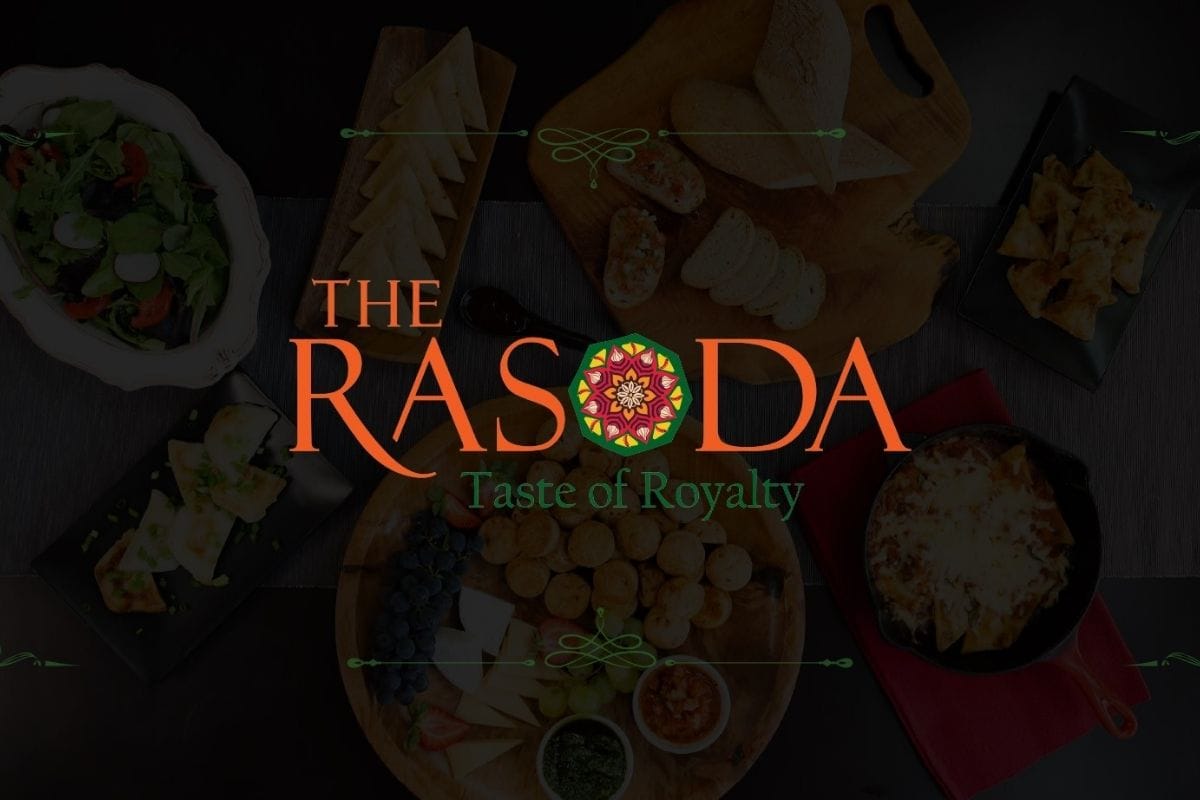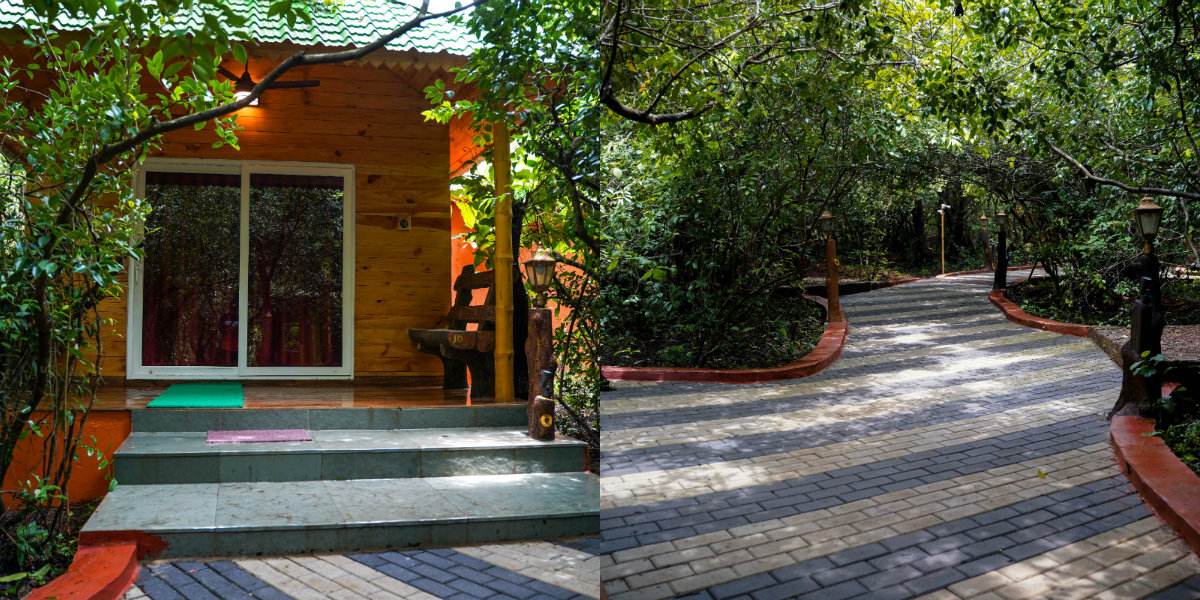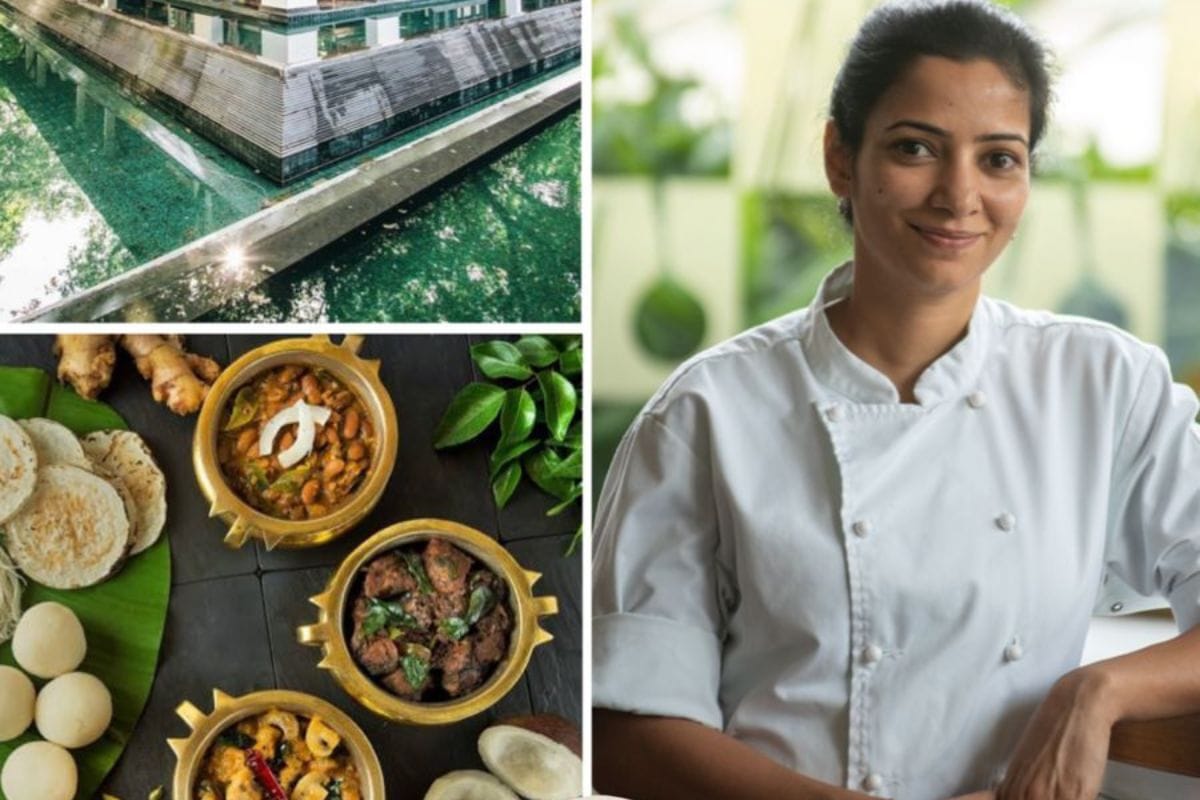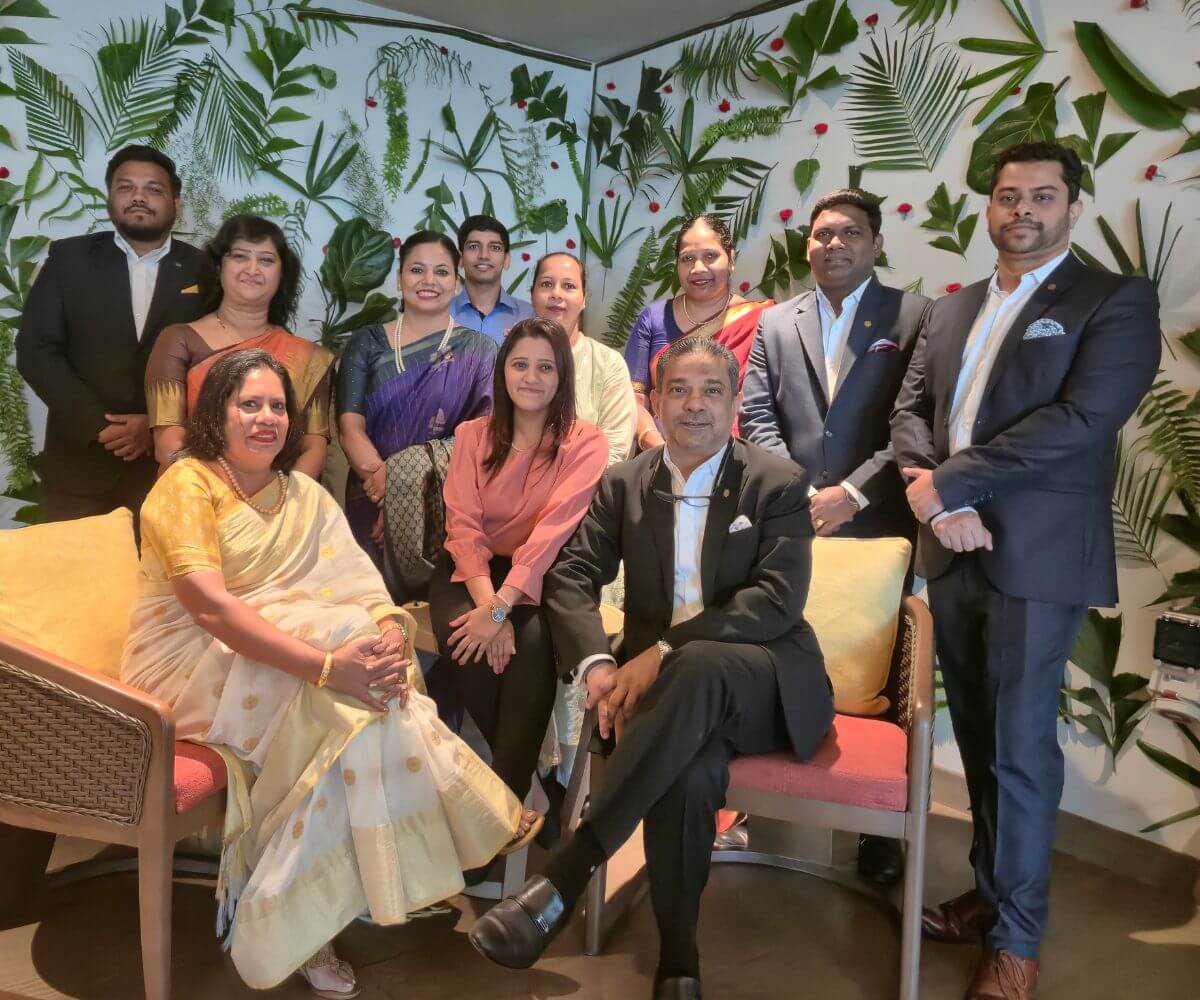Many start-ups or businesses in new fields are the result of a particular need, and someone somewhere identified that need and decided to fill the slot. The inception of Rasoda, which is the brainchild of Kush Khaitan, a young entrepreneur who has been working in education for more than decade, once went out to find pure vegetarian food and realised that despite there being so many vegetarian food outlets in Goa, the taste that he after was missing which prompted him to start Goa’s first Makhana (Mithai cum Food) outlet called Rasoda.
“The story goes back to the days when we were looking for vegetarian food in Goa and realised that the taste that we were looking for was not available. We visited many restaurants but did not get the kind of food that we wanted which should be light on the stomach and does not create acidity,” said Kush, adding that it prompted him to set up a north Indian outlet which feels like ghar ka khana (home cooked food) “Pure with no food colouring, no preservatives and free from adulteration.”
When Kush said that they make food light for the stomach we could not hold back on asking him how he achieves this using ghee in the preparation. He said that there is a misconception about ghee in the general public.
“I would like to bring this point that there is overall misconception amongst people that ghee is heavy on the stomach which it certainly is not and it does not put unhealthy fat into the body. Ghee is one of the best nutritional components that is available today in the world.”
“We use desi ghee in all our preparations, unlike many who use oils or dalda ghee which is one of the most dangerous trans-fats (LDL Fat) that causes many health related issues, but desi ghee will never give you health issues and in fact it helps in developing HDL fat which is reduces cholesterol levels in the blood,” he said.
According to Kush they fry everything in desi ghee. “We do not make use of any vegetable oils or dalda for frying or preparing the food. Here everything is done in desi ghee and that is we call our food “GheeLicious”. he added. In Rasoda they make sure that the desi ghee they use also comes from a highly reliable source. “We select the ghee with due care and we don’t just pick up off the shelf. Everything here goes through a strict quality process before it reaches to our guests,” he averred.

Coming to the preparation of the sweets at Rasoda, Kush said that they make use of only natural colours in their sweets. “Also, in our Kaju Katli we do not add glucose,” he said adding that “glucose makes Kaju Katli softer and increases its shelf life, Instead we use only kaju nuts picked from a very reliable source. For preparation of Bundi Laddoo also we not make use of any artificial colours but instead bring out the exciting colour of Bundi fried in desi ghee.”
When asked about the name RASODA, Kush said that the name originated from the Palaces in Rajasthan. “The kitchens in the palaces were called Rasoda, hence we decided to call this venture Rasoda so that a person who eats here feels like regal, and everything prepared and served here is in true royal style,” he said.
Kush also clarified saying that although the name of their restaurant is kept after the palace kitchens of Rajasthan, the food they serve is from various parts of the north. “We have cuisine from various parts of North India. For example the we have a speciality dish from Rajasthan called Kare-Sanghari, which is the only vegetable that grows on the cactus and that is a staple diet in Rajasthan,” he said adding that Rajasthan being a desert, there is no farming and they have to remain dependent on Kare-Sangari.

“Kare is the berry and Sangri are the beans. We also have delicacies from UP (Uttar Pradesh) called Bedvi Alloo, which is basically an alloo ki sabji that is cooked in an iron kadai and that is how it gets the black colour. We also make Gatte Ki Sabji which is again the Rajasthani Cuisine, gatta is the dumplings made from besan which is steamed and then put into the curry. We also prepare papad pyaj which is papad stuffed with onion. Besides this we also serve Dal Bhati Churma which is again a Rajasthani cuisine, and here the bhati is made from wheat flour and some of them even have stuffed potatoes and later they are dipped in desi ghee for about half an hour and then it is served hot and you have to have it with dal and the sweet that goes with it called churma,” he explained.
Another thing which is a speciality of Rasoda is Kachori Chat said Kush. “The khasta (dal) kachori chat is very famous and here the pyaj (onion) kachori is again the Rajasthani delicacy. We prepare all kind of chats with chola, curd and masala, meanwhile there is a alloo chat which is a speciality from Delhi,” he said.
According to Kush the things that distinguishes them from the rest of the food outlets is the preparation process of the food items which is more authentic, “We do not use any preservatives and we maintain very high standards of quality in all our preparations,” he said adding that “I don’t want to say that other restaurants do not maintain quality standards, they obviously do, but we have chefs from different parts of the country, for example we have a chef from Rajasthan to prepare the Rajasthani cuisine while the one from UP prepares their delicacies, so that we can give the flavours from those states to our guests right here in Goa,” said Kush adding that in Gujarati food they only serve the Khaman Dhokla.

Kush also spoke about the three kind of thalis they serve at Rasoda. “We have 3 types of thalis that we serve here – the first one is the Rajasthani thali, wherein you get all the Rajasthani delicacies in it such as kare-sangri, papad pyaj, katte ki sabhji, kadi, dal bhati, churma and rice. The next is the Punjabi thali, in which you will get two different types of paneer, chole, dal, dal makhani, masala rice and dahi bhalla and finally we have something known as Maharaja Thali which is the USP of Rasoda,” said Kush adding that the former two Thalis are good for two people, and we serve unlimited food in that for two, “Talking about the Maharaja Thali, it is good enough for 4 people and here also we serve unlimited food. In the Maharaja Thali we first serve snacks followed by the chat items and tandoor for the starter, and finally you get the Rajasthani and Punjabi Thali followed by the four different kinds of sweets in the dessert.”
Kush said that they make most things in-house. “We make paneer and curd in-house, even mava for the sweets is made in-house by our chefs,” he said. The reason behind starting the Thali system in Rasoda is to bring the families together. “I often notice that when people go to restaurants for food and order from the A-la-Carte menu, are always busy on their phones, they hardly even talk to each other and once their dinner or lunch is over they leave. The Thali system at Rasoda has changed that practice. Now, here when people share their Thali with other family members, they feel more connected. The idea behind starting the Thali was to build a romantic atmosphere when people eat together from a single Thali. Over time, people have forgotten the concept of sitting and eating together which we are trying to change with Maharaja Thali where here when 4 people from one family sit and eat together from single Thali the whole atmosphere changes. The idea behind the Maharaja Thali was to bring the families together,” said Kush.
After the success of Rasoda Makhana situated at Old Goa, Kush started two more units in Goa, one in the capital city Panjim, and second in Porvorim. “Both the units are currently meant for only takeaways and we also have chaat counters at Porvorim and Panaji outlets,” said Kush. Although Kush already explained most of the things about his venture and how it is different from other places in Goa one thing still remained un-answered in our mind which was ‘what is mithana?’ Kush promptly informed us that the meaning of Mithana is “Mithai (sweets) plus khana (food).

Kush is planning his next Rasoda Mithana in south Goa. “The Margao Mithana will also be only takeaway counter. We are not planning at the moment to set up another restaurant due to the need to maintain quality and that is why we supply to all our Mithanas from our Old Goa outlet. This way the quality of our food remains consistent throughout.” Before concluding Kush mentioned the homemade kulfi. “We serve amazing Kulfis which are home made with no preservatives or adulteration.”
Kush personally monitors each and every item on a daily basis: he tastes a sample and approves it for the following production. “I pick up stuff randomly every day to make sure that everything is made as per our standard. For us once the recipe is approved it does not go through any modifications and becomes a standard.”









